2021-2026 strategic plan

Our mission
Promoting progress through research excellence to face global challenges and have a multidisciplinary cross-impact. Promoting a transformative study experience, educational programmes inspired by research and oriented to the needs of the stakeholders and an engaging student life.
Attracting and supporting a diversified and international community of professors, researchers, and students in the heart of a city like no other. Acting transparently and responsibly to promote social, economic and cultural development, as well as implementing pervasive sustainability through academic excellence.
Our vision
Ca’ Foscari University of Venice: a bridge towards the future

Future’ is the core, the leitmotif of the ‘Ca’ Foscari 2026’ vision.
The question worth asking is, “After the end of my mandate as Rector, how should Ca’ Foscari be in 2026 to efficiently pursue the mission defined in its Charter?”
The second question that needs to be answered is: “What can we do in the coming years to achieve this mission?”
Rector Tiziana Lippiello
| 2021-2026 Strategic Plan | 2.13 M |
- Flagship 1: Ca’ Foscari for Venice: a big open workshop to work on future challenges
- Flagship 2: Ca’ Foscari: cultural engine for the city of Venice
- Flagship 3: Becoming a scientific landmark for sustainability
- Flagship 4: Ca’ Foscari training should become a reference point to develop critical competencies capable of affecting the future and responding to its challenges
- Flagship 5: A city for Ca’ Foscari students; Ca’ Foscari students for the city
- Flagship 6: Streamlined Organisation: new organisational models and the digital challenge: being an example of innovation for Public Administrations
- Flagship 7: Inclusion, social justice, gender equality
2026 Strategy for Research
Strategic Axes
Creating a favourable environment for quality research through:
- Spaces that combine different disciplinary competencies
- Infrastructures and services supporting research
- Creation and development of international partnerships
- Incentives and benefits to promote competitive projects
- Quality Recruitment
- Development of the potential of new researchers in their role of principal investigators
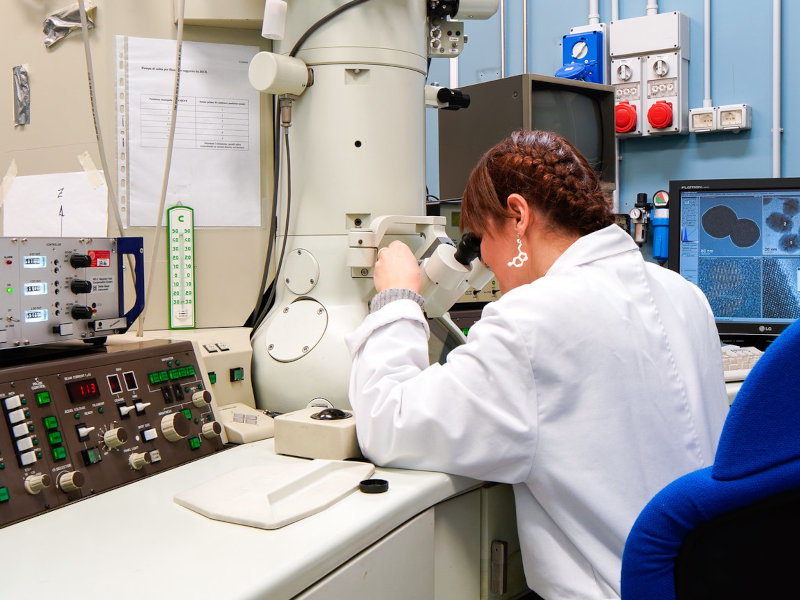
Mission Objectives
- Improving and promoting quality research; improving the quality, impact, and communication of scientific findings
- Improving Project Design
- Enhancing Internationalisation
Distinctive Objectives
- Strengthening interdisciplinary and innovative research
- Strengthening the relations with the territory, including from an international perspective
2026 Strategy for Teaching
Strategic Axes
- Promoting a multidisciplinary learning approach to train young professionals in facing future challenges
- Redesigning first, second, and third level-educational programmes by ensuring high-quality education thanks to a timely relationship between students and professors, in line with the different disciplinary areas
- Restating the nature of Ca’ Foscari as an ‘in-person’ university by considering hybrid learning offers or online courses and building an integrated learning approach with broad access to the educational offer.
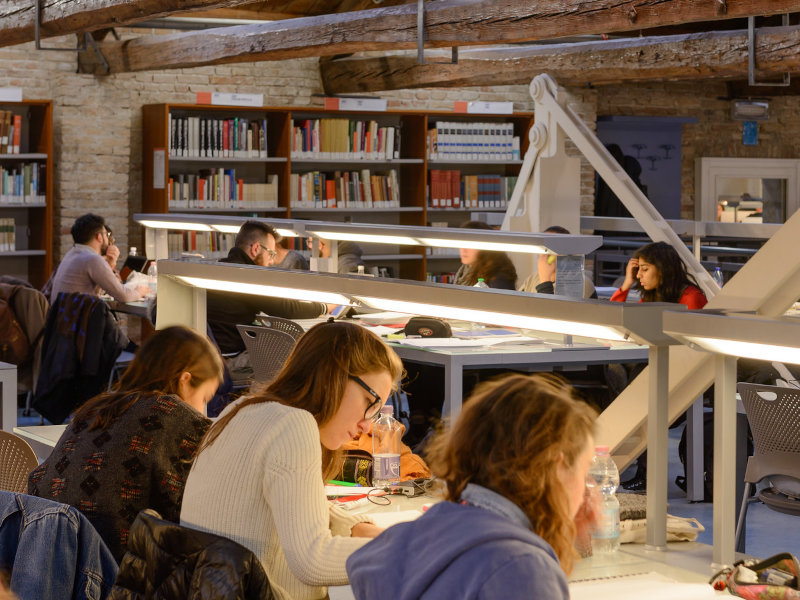
Mission Objectives
Quality education with a sustainable, integrated, and cross-sectoral approach
- Sustainable Learning
- Improving traineeships and career orientation
- International Student Mobility based on Training Credits
- International Student Mobility based on Merit
- Offering double and joint degrees
- European programming and European Universities
- University transformation and general interoperability
- Seizing new opportunities across developing geopolitical areas in partnership with the Italian Ministry of Foreign Affairs and International Cooperation (MAECI) and a pool of international students interested in Italy and Europe
- Improving the positioning in transnational networks and rankings
- Accelerating the development of post -graduate training activities
Distinctive Objectives
- Designing new professional and international courses, while also updating the already existing ones to promote sustainability, interdepartmental collaboration, and an interdisciplinary approach
- Adopting new ways to deliver and distribute the educational offer: towards an integrated and cross-sectoral learning approach
2026 Strategy for Civic Engagement
Strategic Axes
- Contributing to the development of the local environment and society, as well as enhancing knowledge in line with the distinctive features related to different disciplinary areas
- Promoting entrepreneurship, innovation, and impact to include highly qualified young professionals within the productive and cultural system
- Creating a structured, efficient, and widespread network for collaboration, able to enhance knowledge, generate value and social, economic, and cultural impact in a dynamic manner
- Ensuring work and collaboration “spaces” to support civic engagement initiatives
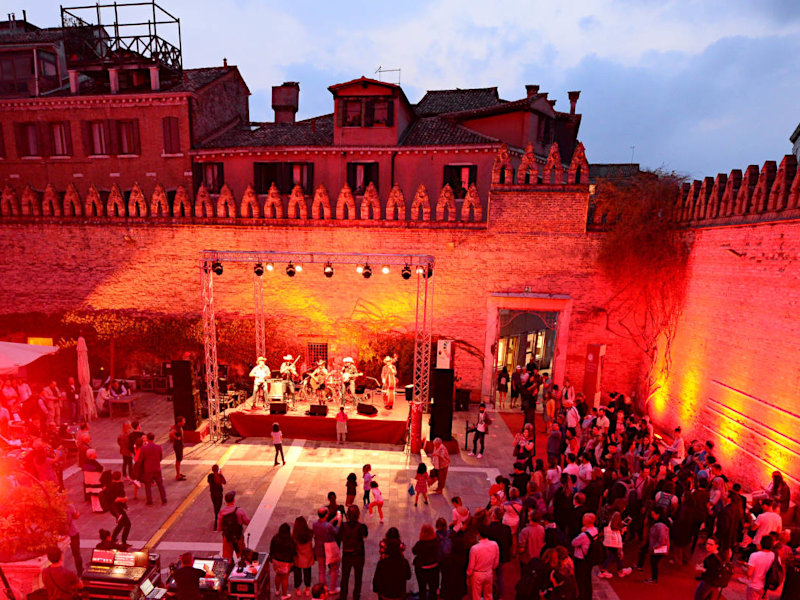
Mission Objectives
- Consolidating the relationships with local institutions to allow students to become residents and access the common cultural heritage
- Increasing collaboration with International partners in support of the territory, the students, and University activities
Distinctive Objectives
- Creating value for the territory by promoting an ecosystem that will serve as an accelerator for projects and activities involving cultural institutions, economic, productive, and professional organisations aimed at technological transfer and knowledge enhancement
- Encouraging activities involving civil society
- Promoting the production and management of artistic and cultural activities
2026 Strategy for Student Services
Strategic Axes
- Promoting customised services for different student categories during the whole curriculum to maximise value according to specific needs, thus increasing inclusion and widening the student pool
- Ensuring financial support to vulnerable and commendable students
- Encouraging students to move to Venice’s historical centre
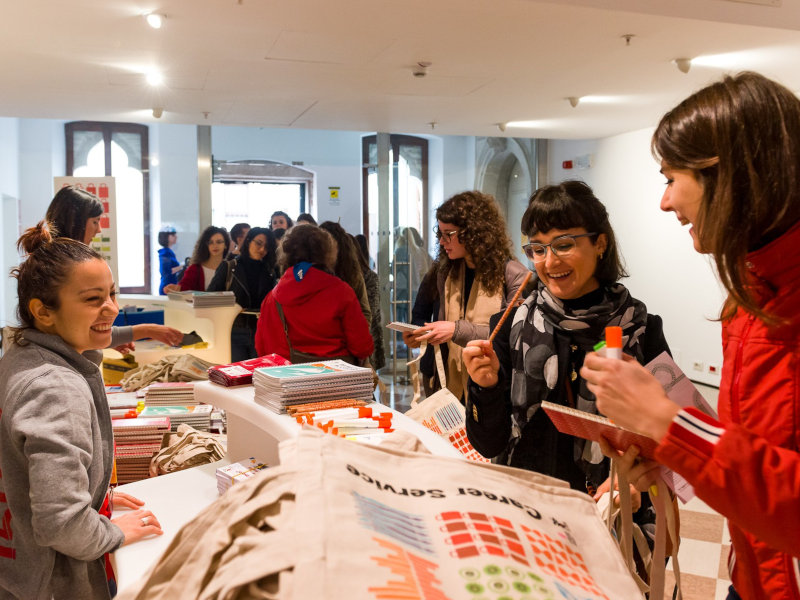
Distinctive Objectives
- Promoting customised services for different student categories during the whole curriculum to maximise value according to specific needs, thus increasing inclusion and widening the student pool through financial support to vulnerable and commendable students
- Encouraging students to move to Venice’s historical centre
2026 Strategy for Infrastructure
Strategic Axes
- Rethinking the physical and digital infrastructure as an integrated system instrumental to learning, student services, and civic engagement activities, as defined in the CF 2026 vision
- Ensuring cutting-edge research facilities to improve the competitiveness of researchers and to create an attractive environment for quality recruitment
- Promoting actions for the full implementation of sustainability and wellbeing in physical and digital spaces
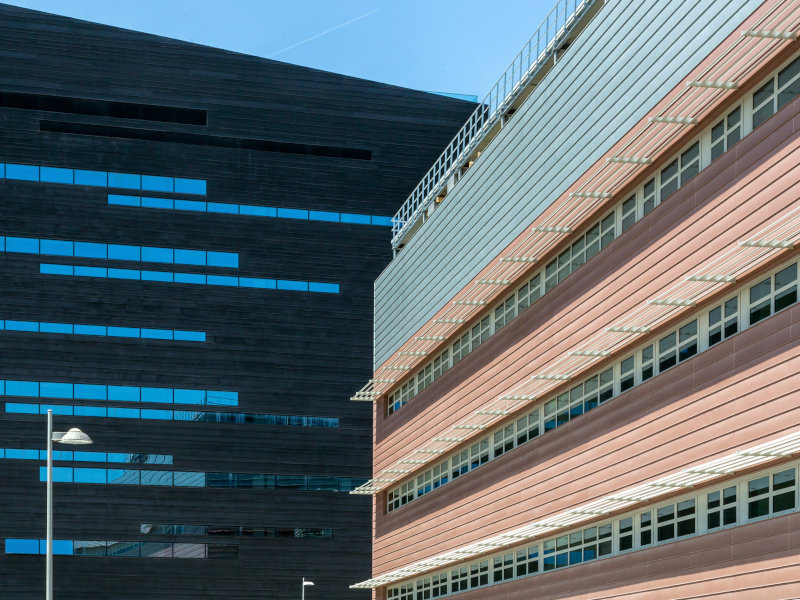
Distinctive Objectives
- Consolidating the server for research in use by an academic infrastructure
- Offering an integrated virtual environment to researcher s to enable access to scientific information
- Aligning quality and transparency policies related to 3 University research with the policies of the European Research Area and Open Science and implementing services and tolls according to international best practices, as required by the scientific collaboration defined under Horizon Europe, in the 2021 -27 NRP and the Open Science 2021 -27 NRP
- Improving/integrating a genuine analytical University service beneficial to the research teams, allowing Ca’ Foscari to offer a service to concretely support local needs
- Implementing a model for integrated learning environment
- Adapting spaces to students and staff and improving the real estate asset
- Improving the resilience, flexibility, accessibility, and energy efficiency of spaces and procedures by reducing and rationalising the consumption of resources
2026 Strategy for a Streamlined Organisation
Strategic Axes
- Rethinking the organisational structure that includes infrastructures, systems, and processes by making it suitable to achieve the strategic objectives in a streamlined perspective
- Seizing the opportunities offered by the legal framework and technological innovation, reaching an adequate balance between private life and career to implement a quality working environment and performance
- Putting the development and maintenance of key competencies at the centre of the strategy to ensure the achievement of the expected performance and pursuing the institutional mission

Mission Objectives
- Enhancing all professionals working at Ca’ Foscari according to changes in the organisation, educational programmes, research, and civic engagement activities
Distinctive Objectives
- Multidimensional organisational action: towards the implementation of an agile organisational model
- Institutional and administrative streamlining and digitisation
Cross-sectoral Enabling Strategic Factors
Some cross-sectoral topics have emerged from the work of different teams. These cross-sectoral topics, which are worth focusing on, are related to enabling strategic factors. Said elements are not connected with the primary mission, but act as crucial elements to pursue the strategic goals related to primary processes and supporting services.
The following topics were identified:
- Network/partnership
- High-quality recruiting
- Branding and reputation
- Competencies
- Internationalisation
- Gender Equality and Inclusion
- Sustainability
It is, therefore, necessary to enhance said topics and employ them in initiatives supporting fundamental missions.
Strategic Plan Monitoring and Integration with the Three-year Plan
The Strategic Plan will be articulated by the various departments and their staff through the Three -Year Development Plan plans, which will identify their lines of development for 3 years in line with the Strategic Plan.
The Performance Plan will instead articulate the objectives of the technical and administrative staff over three years..
The Strategic Plan and the departmental planning will be subject to annual monitoring based on appropriate performance indicators for each strategic area (Key Performance Indicators), mainly resulting from ministerial indicators, i.e., the parameters used by the MUR to allocate funds and staff points, and more detailed indicators referring to the results expected from the pursuit of individual strategic actions.
In addition to the result indicators, financial stability indicators will also be monitored, which will continue to serve as a check marker for assessing the sustainability of the actions undertaken.
Last update: 21/03/2025
